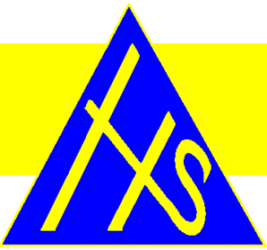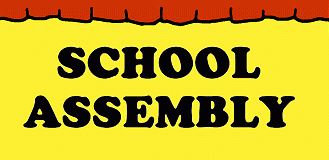

If your child is required to isolate or is unable to attend school for an extended period of time, please call the office on 0121 675 3573 and arrange a telephone meeting with Mr Krasnopolski or Mr Uddin to discuss your child’s learning.
This page will be used to provide learning resources to those who are unable to attend school as a result of illness, isolation or any other reason. Furthermore, the materials found on this page may be used by any child who is keen to extend their learning at home.
Most importantly, make sure to stay safe! Have a great day!


Reading


Join in with our meditation session by watching the video on the left.

We also have two P.E. sessions a week. Click here to choose from the activities coach has set up on the P.E. page.

Click here to visit Mr Farr’s music page and complete one of the activities.



I found the poems in reading and writing very fascinating and enthralling. It was interesting to think about how you would answer your own questions. I am on the maths now.
Well done Eliana
𝐻𝑖
I have done the Summer Reading Challenge before it was very fun.
Hello, I am a bit late because when I looked on here in earlier there wasn’t anything on here since May . So I have just been making nets of shapes ( I tried a hexagon but it didn’t really work) and doing maths out of my first aid in maths book.
Hi Eliana. That’s great to hear. Keep going over the properties of 2D and 3D shapes. Remember to include perpendicular and parallel lines, as well as the angles of the shapes.
I have finished my reading activity, the poem is called The British and it was about different nationalities. The poem was set out like a recipe and all the nationalities were the ingredients. I liked the poem.
That’s fabulous! Glad you enjoyed it.
𝐻𝑖𝑖𝑖
Good morning Chima
I am just signing up to the Summer reading challenge with the libraries.
That’s sounds interesting. What is it about Oliver?
You have to read books and then write a book review to unlock badges and there are games and competitions to enter
That’s a great idea! Thank you Oliver. It would be really good if other children can follow your lead.
𝐼 𝑚𝑖𝑔ℎ𝑡 𝑑𝑜 𝑡ℎ𝑎𝑡 𝑡ℎ𝑖𝑠 𝑠𝑢𝑚𝑚𝑒𝑟
It’s a great idea. Go for it!
Hi
Good morning Oliver
Finished my maths work 😃😃😃😃😃😃
Well done Emmy
Hello Mamadou
Hello I’m starting with maths 😉😉😉😉
Great to hear Emmy
hello
Good morning Mamadou.